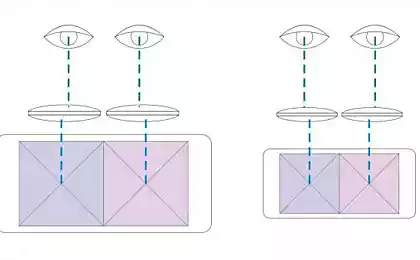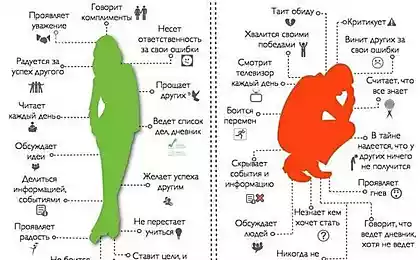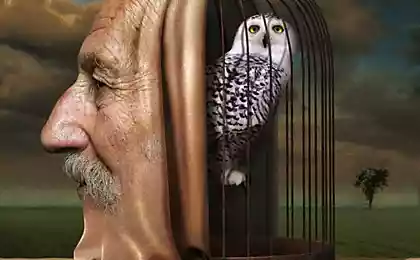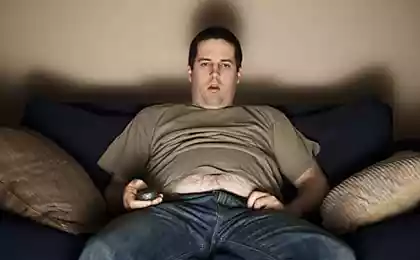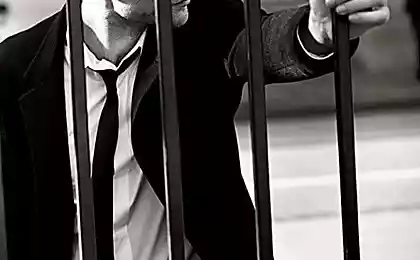If you tickle yourself you will not be tickled, even if you think the other person tickles

Research by George Van Dorn and Jacob Hovi from Monash University (city Clayton, Australia) is changing the scientists on the neural mechanisms of tickling. Examined the statement that when a person tries to tickle himself, his brain "anticipates" sensation and therefore could not respond to them, the scientists made a curious experiment. His results in his article wrote columnist for the magazine «New Scientist» Anil Anantasvami:

"The participants of the experiment, and one of the employees are facing each other and gave each a wooden rod with a piece of foam at the end of which they could tickle his left hand. Volunteers put on special glasses that allow him to "see" through the eyes themselves sitting opposite, to create the illusion of "exchange of bodies." When the party was trying to tickle her hand rod, he, as expected, did not work.
However, even when using the glasses "look" the experimenter's eyes, the brain is still not reacted to tickle his own hand, though, according to volunteer, he was able to completely "dive" in someone else's body, he lost control of his hand and perceived limb researcher, as if they belonged to him.
When there is an illusion of "exchange", the volunteer properly respond to tickling, "outside", but to tickle himself, he had not succeeded, although moving his cane, he was in full confidence that this makes the experimenter ».
blockquote> Now George Van Dorn and Jacob Hovi continuing their experiments to understand why in matters of tickling our brain can not be deceived, even with the help of "exchange of bodies».
via factroom.ru









